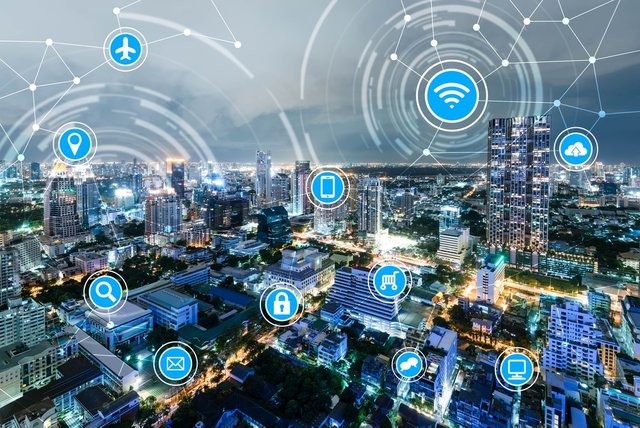Big Data was the buzz word throughout the 2000's. Everyone was paying attention to it, but no one really knew how to utilize it efficiently.
Compared to the UNIVAC I, our first commercial vacuum tubed supercomputer in 1950's, our smart phones produce enough Big Data in one week that the UNIVAC I could not produce in its lifetime.

True, our smartphones produce much data, but how useful is our game apps, cat video views, and snapchats. Most metadata and data we produce is not interfaced with humans simply because it's not very useful or interesting. I believe this was always true for Big Data. If it's not monetizable or useful for improvement on systems or how people work together, why bother with it?
Data does have the power to solve much of our problems. Utilization of data in an effective manner is the job of network systems not individual humans. The human interface is needed to build software and nodes (hardware) to communicate with one another and rules for what those nodes do with that information. Humans also will ensure the network components are powered and maintained. 
Useful data in smart cities will transmit from city infrastructure communicating with autonomous cars, hospital systems communicating with remote patients and doctors, robotic policing instead of officers walking the beat or bike patrols, drones and AAVs (autonomous aerial vehicles) flying overhead can't fail.
Let's explore one example, the autonomous car. In order for driver-less autos to mainstream, complete trust with zero fail must be achieved.
Three primary problems arise that hinders full driving autonomy:
- Power
- Security
- Network Speed
We can achieve constant energy reliability with combinations of induction charging and battery tech such as graphene, solid state batteries, gold nanowire etc.
Security can be achieved via blockchain or smart contract technology that reacts and places confirmations quickly so the system knows true and false requests.
Within the current telecom infrastructure, however, anyone who owns a smartphone knows that a network connection is not optimal every minute in every location we travel. Latency is the delay of speed before a transfer of data following an instruction for its transfer.
When autonomous cars are operating, objects, animals and people will be in the road at the wrong time and places. Right now, there is too much latency even in an optimally performing 4G LTE system at 50ms. No one knows just how much faster 5G will be, but estimates of 1ms latency abound. This is what's needed to get us into an autonomous vehicle worry-free.
Yes that's all very well but consider the down side.... see my posts on why we should be awake to the underlying results of all this - https://steemit.com/news/@davemanchester/smarter-cities
Downvoting a post can decrease pending rewards and make it less visible. Common reasons:
Submit